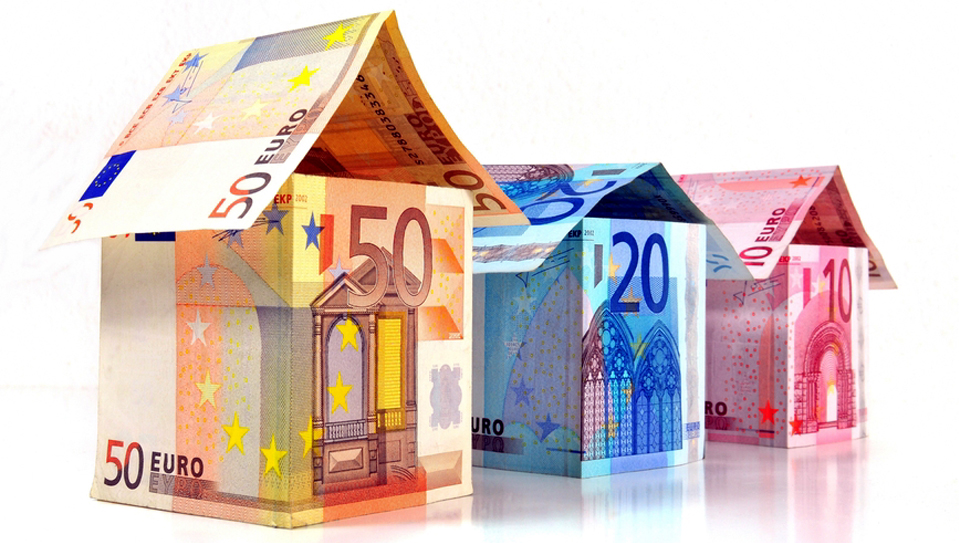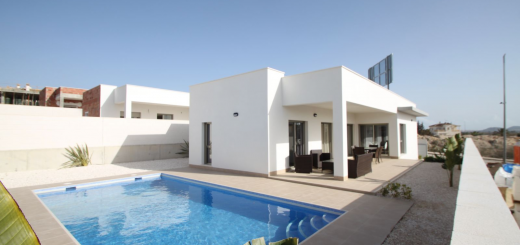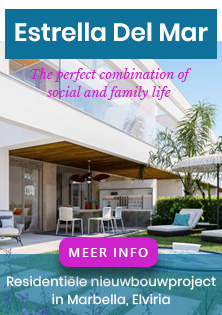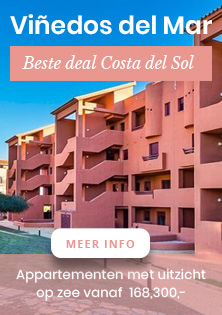
Buying a house in Spain: what additional costs do you have to take into account?
Before you can buy a house in Spain, it is important that you know in which region you want to buy property. In addition, it is important to know how high the average house prices are in the place concerned. After you have purchased a home, you have some other obligations in addition to standard costs such as electricity, gas and internet. Below is an overview of additional costs in the area of maintenance.
Real estate taxes and levies
- IRNR income tax for non-residents, or Impuesto sobre la Renta de No Residentes. An annual tax that only applies to people who own real estate in Spain, but who are not official residents of the country. The tax is calculated based on the value of your home. It is worked out at 24.75% of a certain percentage of the cadastral value. You can find the exact cadastral value of your house at the Land Registry;
- IRPF income tax for residents, or Impuesto sobre la Renta de Personas Físicas. The IRNR mentioned above does not apply if you are a resident of Spain. If you are an official resident, you must pay the IRPF. On the basis of your annual income, you must then submit your annual tax return;
- IBI property tax, or Impuesto Sobre Bienes Inmuebles. Everyone with a home in Spain, registered as a resident of Spain or not, must pay this property tax. The amount of this tax is determined on the basis of the regional cadastral value. This is a percentage of the land value, which is normally below the market value.
Other costs
- Community costs, or comunidad. You have to pay this for the maintenance of shared common areas, which you and your neighbors can use. This includes swimming pools, tennis courts, green spaces, stairwells and general cleaning costs. The costs are determined annually by the association of owners and are equally divided between all people who live there;
- Other common costs. In addition to the above-mentioned community costs, there are other services that are covered by the local government and not by the building or estate where you live. Consider, for example, waste collection. So you pay a kind of municipal tax for the municipality. The costs of this vary and depend on the province where you live;
- Home insurance. As with any other real estate, it is always good to have a household insurance;
- Property manager. You can choose to hire someone to fill in the paperwork for you and arrange all your payments.
Look here for more information.
Financing and repayment
When buying a house in Spain, it is good to consider the various aspects that you are dealing with. To finance a house you can apply for a mortgage from a Spanish bank, finance the property from your own resources or take out a second mortgage on your Dutch home (only possible with sufficient surplus value). More information about financing in Spain can be found here.
Paying off a mortgage in Spain is easier in one place than elsewhere. Tinsa investigated the relationship between average mortgage prices and monthly wages in different cities and provinces in Spain. Look here for the results of this research.
If you are interested in buying a house in Spain, SLG Property and Bank Bargains Spain are reliable providers with attractive prices.



















